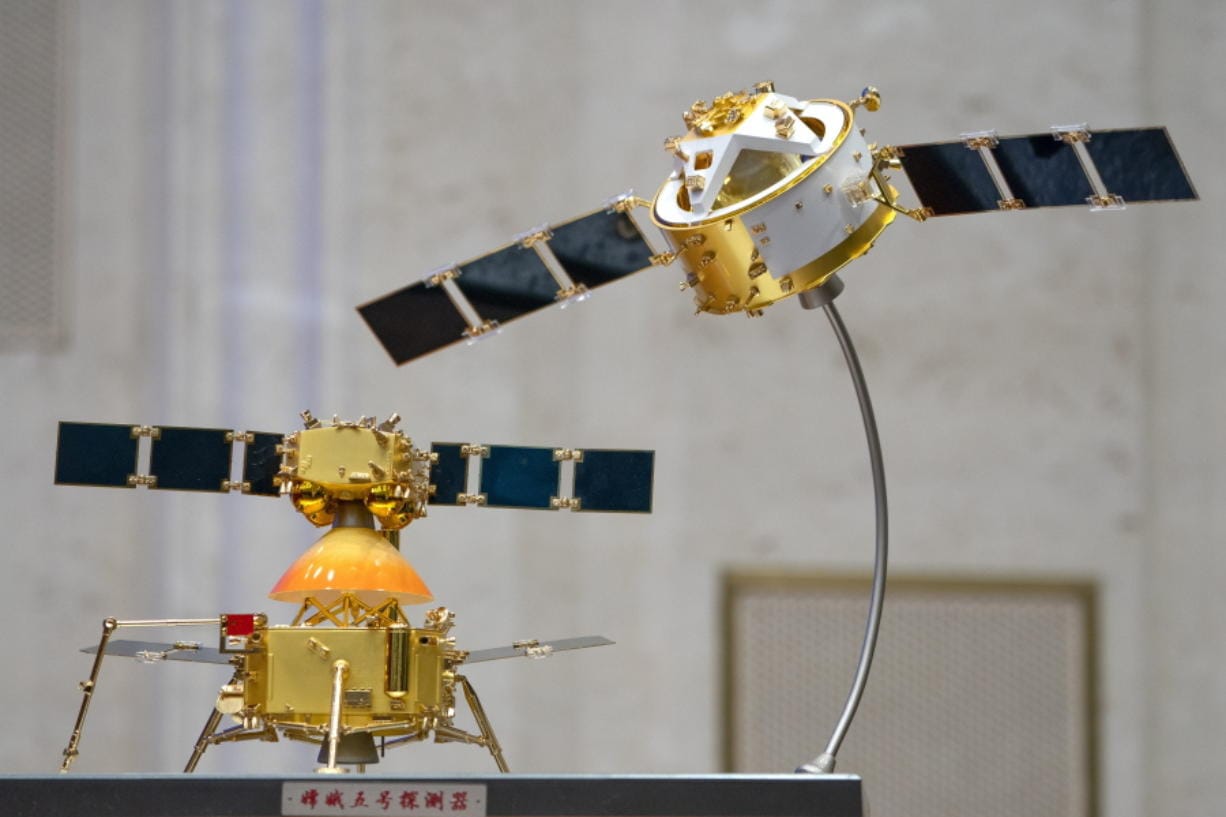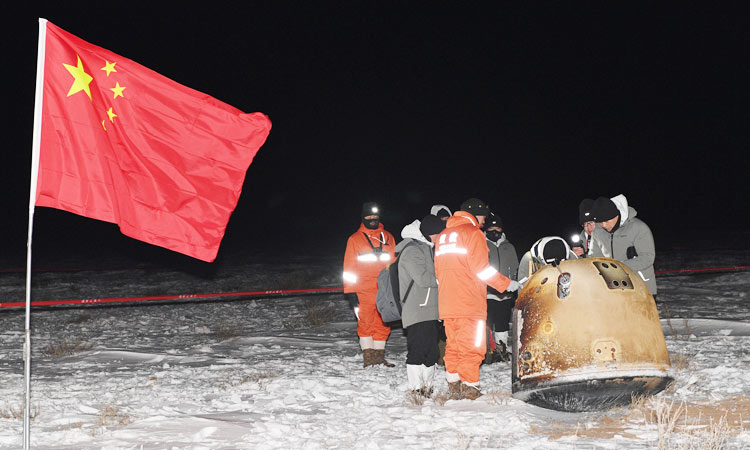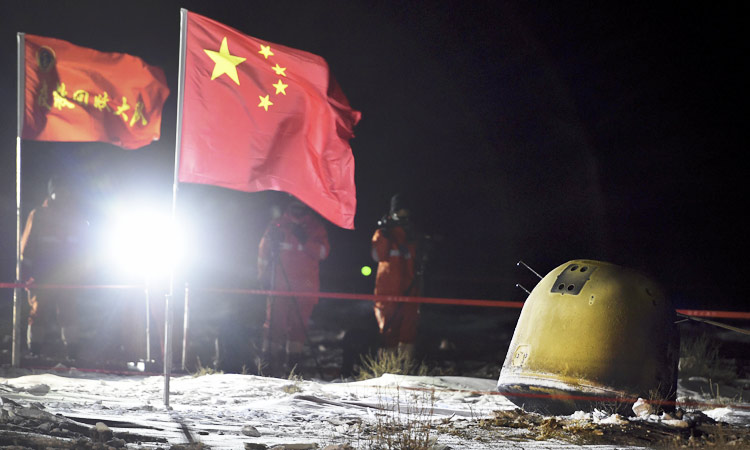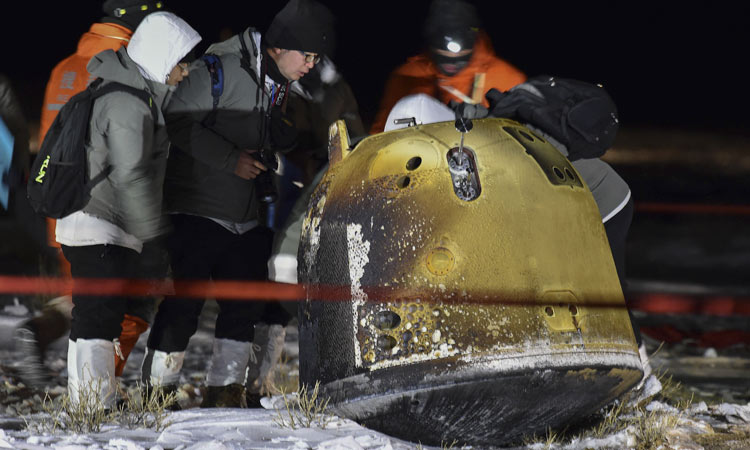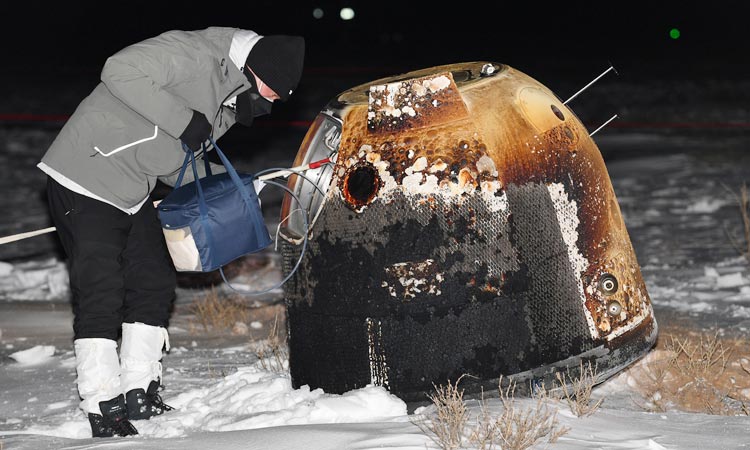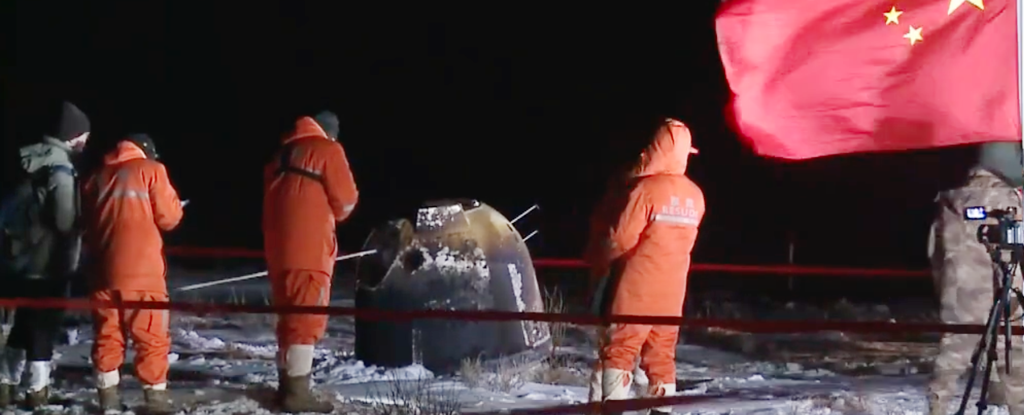Planet Earth To Loathsome
Sanctimonious GOP:
Unclutch Your Fucking Pearls
Just wow. After weeks of seditiously refusing to recognize Biden's win and blithely demanding a "gratuitously cruel" trade-off between COVID relief or unemployment benefits and cynically gaming those benefits in a last-ditch effort to retain an undeserved Senate majority; after four endless years of silent complicity before Biblical-level evil; after all the lies, scams, cruelty, racism, golf, greed, kids in cages, shit-hole countries, pussy-grabbing, victim-blaming, murderous negligence and 300,000 dead Americans to show for it, fuck-your-feelings Republicans are now shocked, SHOCKED we tell you, that Joe Biden's pottymouth former campaign manager and incoming deputy chief of staff has dared to indulge in some altogether warranted incivility on the subject of their unholy malfeasance. In a now infamous interview published in Glamour, Jen O’Malley Dillon called GOP lawmakers what they are - fuckers - while citing Biden's theme of unity: "In the primary, people would mock him, like, ‘You think you can work with Republicans?’ I’m not saying they’re not a bunch of fuckers. Mitch McConnell is terrible. But this sense you couldn’t wish for this bipartisan ideal? He rejected that. From start to finish, he set out with this idea that unity was possible, that together we are stronger, that we (need) healing, and our politics needs that too.” All of which sounds, to those of us who've been living on Planet Earth the last four years, like a bit of cogent, hopeful truth-telling.

Classy and classic. Getty Image
But self-righteous GOPers found her indecorous, confirming the staggering hypocrisy of a party that doesn't care if toddlers are jailed in concentration camps as long as you don't cuss while you do it; that stood by as a foul Trump bragged and mocked, Melania derided "fucking Christmas," Ted Yoho called AOC a "fucking bitch," idiots trashed Jill Biden for being educated. In a flurry of pearl-clutching unmatched since Trump said Rashida Tlaib "dishonored herself" by vowing to "impeach the motherfucker," people sneered, "So much healing" and wrote "scoops" on Biden's "sincerity." Bullshit, retorted MSNBC’s Nicolle Wallace and others who called out all the fucking cowards who stayed silent before all the atrocities. "I'd clutch my pearls over this totally normal turn of phrase (in politics, at least), but I hurled them into the sea in 2016 to try to awake a vengeful god while listening to the Access Hollywood audio," wrote one. Many cited 3,000 people a day dying "from a disease our government purposefully allowed to spread" they then hoped to spread to our children through herd immunity: "That's profane." Women joked this is just locker room talk, teachers swore it's how they get through the day, journalists cited countless members of Congress who'd "dropped the f-bomb" with them. Given... everything, it was agreed, "THIS DOES NOT MATTER." Steve Schmidt reserved special fury for smarmy Marco Rubio, who unwisely chimed in, blasting him as a contemptible "American Vichy" who "abandoned every principle" to be "handmaid to Trump’s indecency," never mind the daily Bible verses he posts. His final words for Lil Marco, and ours for the rest: “Go fuck yourself.”
Lindsey Graham saying “Trump is a fucking idiot” on loop is everything,pic.twitter.com/4C1OK97rkz
— YS (@NYinLA2121) May 3, 2019






